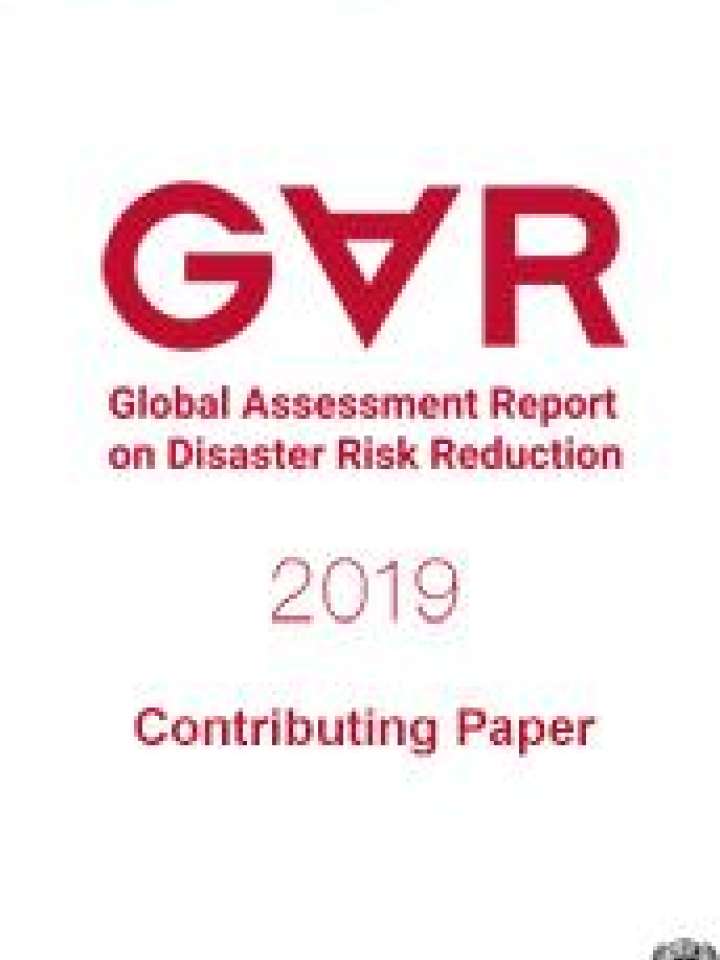Psychological preparedness for natural hazards – improving disaster preparedness policy and practice
Natural hazards negatively impact on public health world-wide. Consequently, continuous research on disaster preparedness and disaster risk reduction is vital to reduce the detrimental effect on well-being. Disaster preparedness strategies have thus far been unsuccessful in preparing individuals for the psychological stress that a natural hazard threat or impact can cause. Current policies and research are mostly focused on how to prepare individuals physically for natural hazard impacts, and there seems to be an absence of psychological preparedness in disaster preparedness theory and practice.
In order to integrate psychological preparedness into policy and practice, psychological preparedness must be defined and measured. This paper presents an operationalised definition of psychological preparedness, relevant literature, and details the development, as well as application, of a valid and reliable measure of psychological preparedness, the Psychological Preparedness for Disaster Threat Scale (PPDTS). Incorporating psychological preparedness into existing disaster preparedness policies and practices has the potential to help individuals cope with the psychological distress experienced during or after a disaster, and to foster long-term resilience. The incorporation of aspects of psychological preparedness into disaster preparedness measures will strengthen disaster management practices overall.
This paper is a contribution to the 2019 edition of the Global Assessment Report on Disaster Risk Reduction (GAR 2019).
To cite this paper:
Zulch, H. Psychological preparedness for natural hazards – improving disaster preparedness policy and practice. Contributing Paper to GAR 2019
